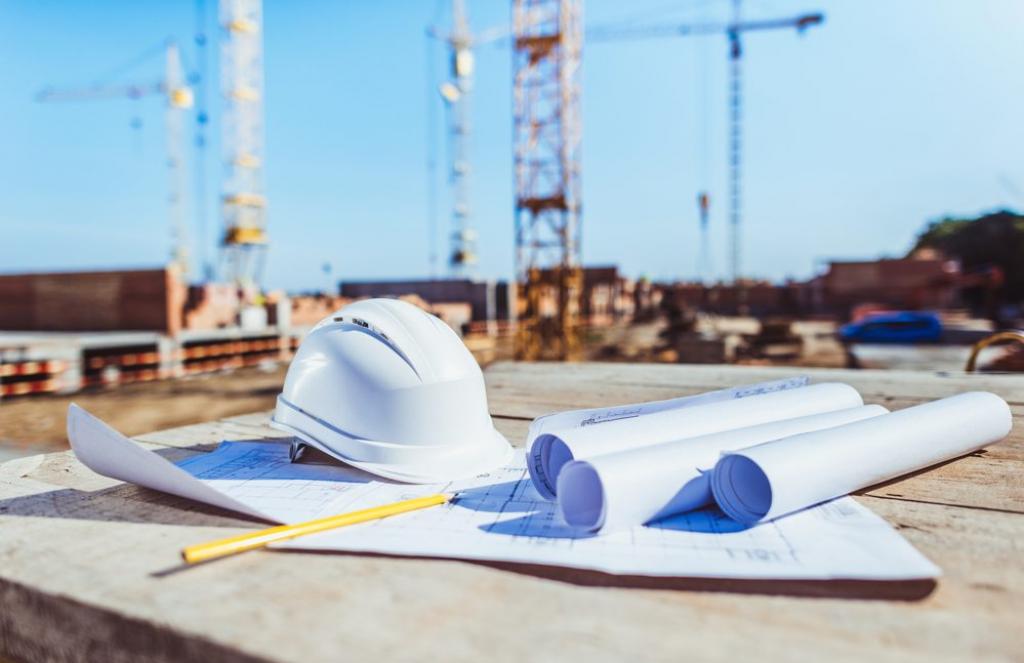Thessaloniki gets ready for its metro launch in November
The underground rapid transit lines have been under construction for almost two decades due to various project delays
 TheMayor.EU logo
TheMayor.EU logo 
Can we rapidly decarbonize the construction sector? This Danish challenge will show, Source: Depositphotos
The aim is to have a carbon impact of only 2.5 kg of CO2 per square metre per year
It has been long established that the construction sector is one of the main CO2 emitters in Europe and any serious ambitions about decarbonization needs to address the challenge of building in a way that is cleaner, more resourceful and more efficient.
With that vision in mind, two Danish philanthropic foundations, Realdania and Villum Fonden, have announced a challenge to local developers and housing associations to create buildings whose construction carbon footprint has been cut by 75%.
The goal of the challenge is to show a viable and working model that can be adopted wholesale by the entire housing construction sector in Denmark (and why not beyond) by the year 2030.
The initiative will activate builders, architects, engineers, contractors, researchers and idea developers in all parts of the process with the common goal of reducing the construction sector’s footprint by 75%.
Nine private developers and public housing organizations across Denmark have been selected to build examples, that will show the entire industry how it is possible to build new homes with four times less climate impact than normal construction projects. The development of the first project is set to start this year.
The chosen projects each receive a grant from the foundations to finance sustainable development, innovation and knowledge sharing, which can contribute to reducing the climate footprint to a historically low level.
With the grant, each developer undertakes an aim for a climate impact of only 2.5 kg CO2-eq/m2/year. This is a quarter of the average climate impact of new constructions in Denmark and approximately a fifth of the new statutory limit value of 12 kg CO2-eq/m2/year, according to State of Green.
The development process must ensure that the solutions are scalable, and in this way, the example buildings will stimulate both supply and demand for sustainable housing in Denmark.

The underground rapid transit lines have been under construction for almost two decades due to various project delays

Now you can get your wine in Talence by paying directly in Bitcoin

That’s because the state has to spend money on updating the railway infrastructure rather than subsidizing the cost of the popular pass

Rethinking renewable energy sources for the urban landscape

The examples, compiled by Beyond Fossil Fuels, can inform and inspire communities and entrepreneurs that still feel trepidation at the prospect of energy transition

Now you can get your wine in Talence by paying directly in Bitcoin

The 10th European Conference on Sustainable Cities and Towns (ESCT) sets the stage for stronger cooperation between the EU, national and local level to fast track Europe's transition to climate neutrality.

At least, that’s the promise made by the mayor of Paris, Anne Hidalgo

The underground rapid transit lines have been under construction for almost two decades due to various project delays

At least, that’s the promise made by the mayor of Paris, Anne Hidalgo

Hostal de Pinós is located in the geographical centre of the autonomous region

Despite its church-y name, the district has long been known as the hangout spot for the artsy crowds

Urban dwellers across the EU are having a say in making their surroundings friendlier to people and the environment.

Forests in the EU can help green the European construction industry and bolster a continent-wide push for architectural improvements.

Apply by 10 November and do your part for the transformation of European public spaces

An interview with the Mayor of a Polish city that seeks to reinvent itself

An interview with the newly elected ICLEI President and Mayor of Malmö

A conversation with the Mayor of Lisbon about the spirit and dimensions of innovation present in the Portuguese capital














